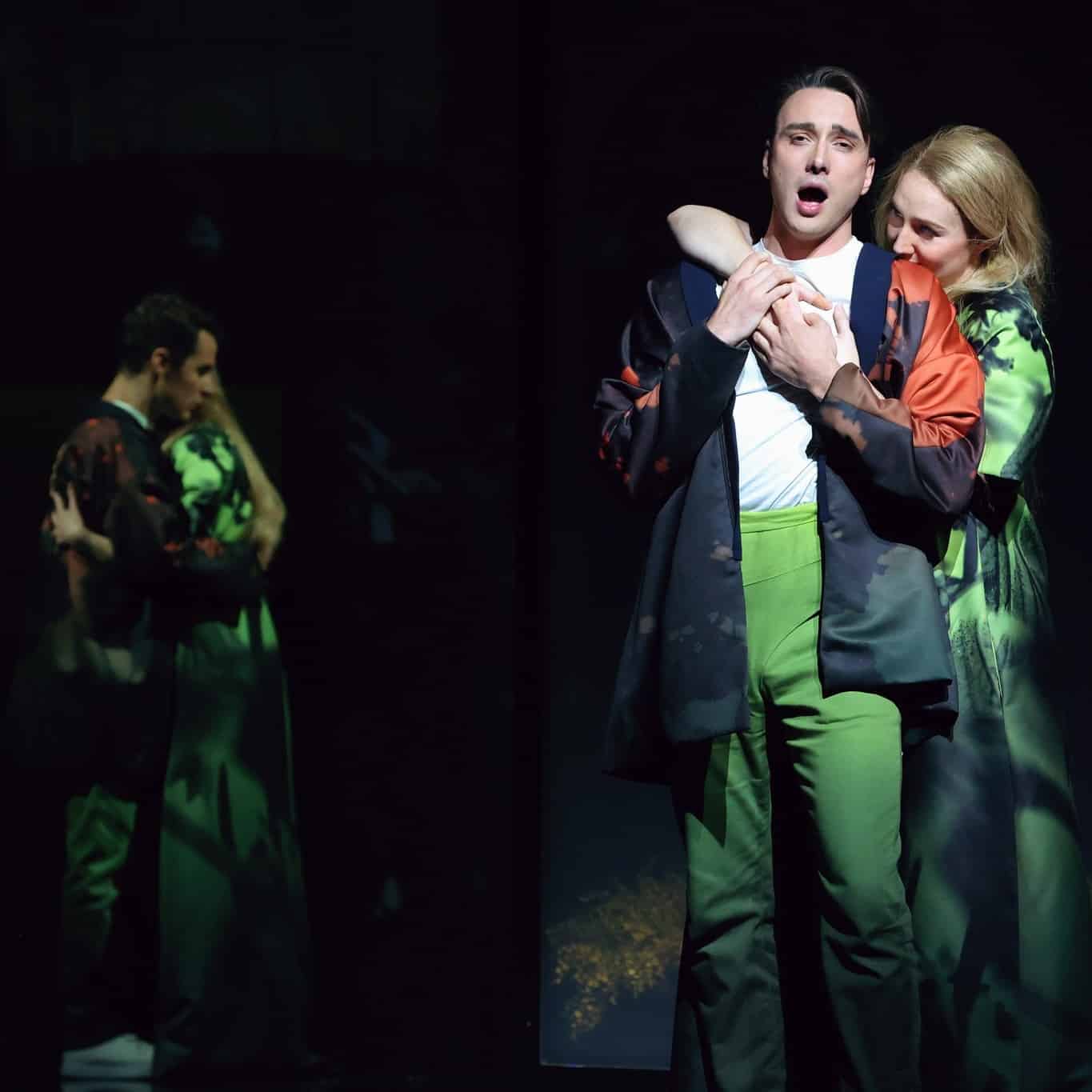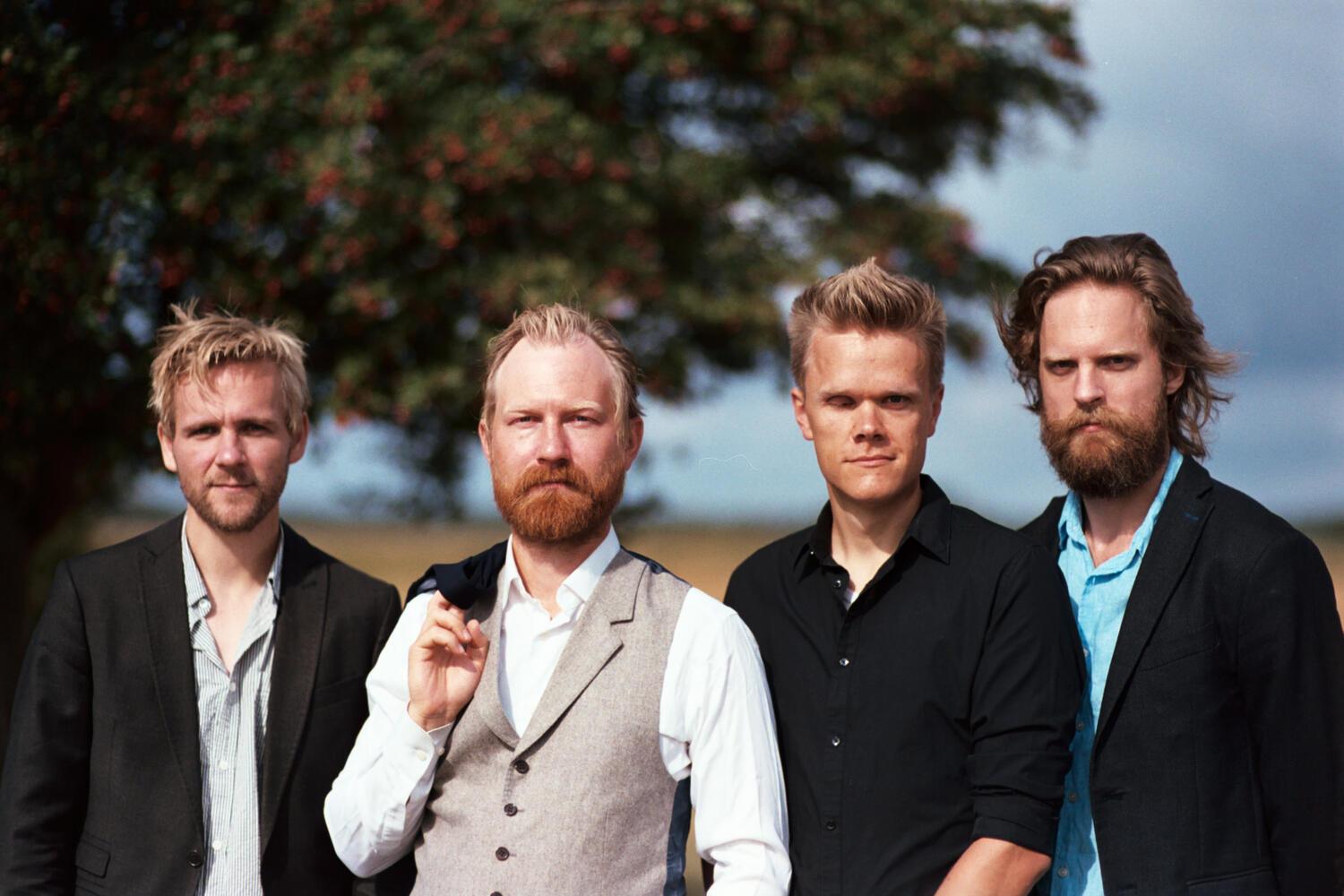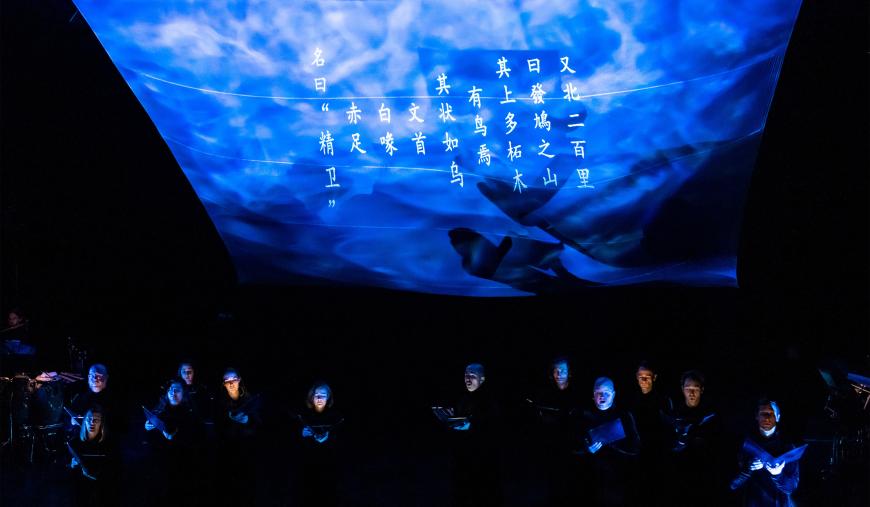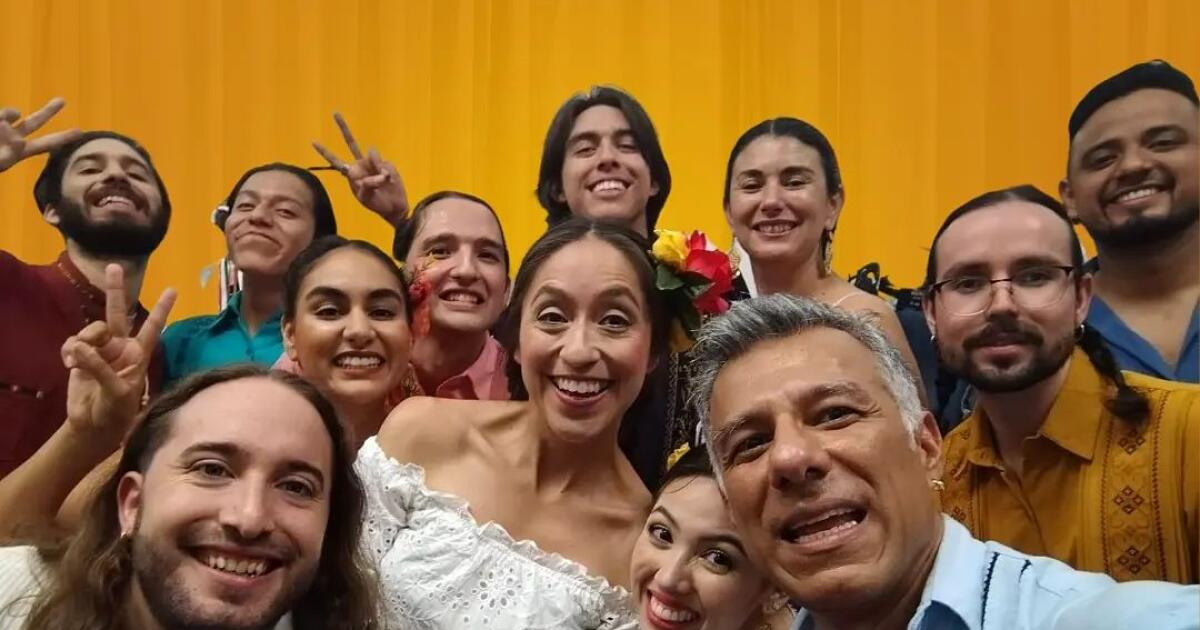Nashville Public Radio Launches Music Discovery Station WNXP in Challenging Times

Read more at www.nashvillescene.com
WNXP’s Jason Moon WilkinsPhoto: Rachel Iacovone
Nashville Public Radio, whose flagship is the National Public Radio-affiliated news station WPLN on 90.3 FM, has been through some significant changes in recent years. Another notable shift took place Nov. 30: 91 Classical ceased terrestrial broadcast. The nonprofit operated the 24-hour classical music station on 91.1 FM since 2011, when it bought the broadcast license for that frequency, which had been used by Vanderbilt University’s beloved student and community radio station WRVU. Classical music continues streaming on 91classical.org and on WPLN’s HD Radio 2 channel, which requires a special receiver to listen to.
Longtime local music and media fixture Jason Moon Wilkins, who joined WPLN as a news host in 2016, is now the program director at 91.1. Bearing the call letters WNXP and the tagline “Nashville’s Music Experience,” the new station is modeled on other public radio stations like Seattle’s KEXP and Austin, Texas’ KUTX, whose programming is aimed at music discovery.
The idea is to help listeners get intimately familiar with rising artists via repeat plays on the station’s weekly playlists, live interviews and feature profiles, videos and audio that will appear on the main NPR Music website, and more. WPLN is hiring an arts and culture beat reporter, who will also regularly produce stories on local music and music business for WNXP.
While the station won’t be playing exclusively local music, there will be a focus on Nashville musicians. These days, you might expect locals’ best bet for finding a spotlight to be blowing up on streaming services. Wilkins says that WNXP will focus on doing what streaming can’t.
“I love Release Radar on Spotify — I think it’s fantastic,” Wilkins tells the Scene via phone. “But it doesn’t tell me what’s happening in my city. It doesn’t connect how this song was recorded with this person — a lot of the basic information. You don’t really get liner notes with streaming. You don’t get even the commentary [provided by a radio DJ]. … What about the follow-up question?”

Wilkins says he picked his impressive core team with an eye on the broad range of their perspectives. Assistant program director Mickey Lernard Parks was the manager at Grimey’s New and Preloved Music in its early days, as well as a DJ on WRVU. He also co-hosts This Is the Place, a podcast about Nashville’s food scene that draws on his years in the hospitality industry. Journalist and author Jewly Hight, a former Scene contributor, is WNXP’s music director. For more than a decade, she’s been writing and reporting on country and roots music, and has consistently been a champion of Music City’s underrated hip-hop and R&B communities. In addition to having hosted music shows, production coordinator Marquis Munson has extensive experience in sports radio, having been a producer and on-air contributor at 102.5 The Game and program director at the University of Alabama’s WTID. All four will be among the voices you hear frequently on the station.
WNXP is emerging into a notoriously crowded radio market. Its most direct potential competitor is Lightning 100, one of an increasingly rare breed of independent commercial music stations. Murfreesboro’s WMOT covers many Nashville artists as part of its Americana format. Though WNXP’s format is distinct, its mission overlaps somewhat with community stations like WRFN, which went on the air in 2005 and got a citywide signal boost in 2014, and WXNA, whose 2016 launch was orchestrated in part by former WRVU DJs. Still, Wilkins sees WNXP as having carefully carved out its own niche.
“Nashville’s truly gotten big enough now to where it not only can sustain but needs multiple stations and platforms to serve the community,” he says. “We definitely have enough stories and enough interest to go around to make that happen. … There’s a kind of communal spirit to public radio in general — the people who are drawn to it, the people who are involved in it. I think we all see opportunities to support each other as opposed to compete.”
Though 91 Classical isn’t going away entirely, its diminished presence is noteworthy. That goes for listeners who’ve come to rely on it as the only full-time classical broadcast on the local FM dial, and anyone interested in the growth of the arts in a city with a proliferation of indie classical ensembles and a Grammy-winning orchestra. The nonprofit hopes to expand classical programming again in the future, but it won’t be simple. 91 Classical music director Nina Cardona returned to WPLN as morning host; Colleen Phelps continues only as host of the podcast Classically Speaking; and longtime hosts Kara McLeland and Ed Lambert lost their jobs outright.
Steve Swenson took over as CEO of Nashville Public Radio in April 2019, following decades in commercial news radio in Los Angeles, New York and Washington, D.C. After his arrival, the nonprofit established a three-pillar growth plan. The first pillar is broadening WPLN’s coverage with new staff — including host Rachel Iacovone and reporters Samantha Max, Damon Mitchell and Ambriehl Crutchfield — and its own forthcoming morning news program. A second pillar is expanded community outreach, with a possible new space for public events like debates, town hall meetings and concerts, though this can’t move forward until COVID-19 is under control.
The third pillar is WNXP. Originally, Swenson tells the Scene, the plan was to acquire a new frequency for the station, but a search proved fruitless. And there’s a financial issue. Despite the value of the public service 91 Classical provided to 40,000-60,000 weekly listeners, that’s simply not enough for the station to pay its bills. Swenson estimates it takes weekly listenership of 80,000 to break even, and efforts to raise the numbers failed. Seeing that 91 Classical lost about $250,000 annually, and feeling pushed by the pandemic to speed up the growth plan, he decided to cull it.
“This summer, it became apparent that after nine years, we were just not going to be able to move the needle where we needed to move it,” says Swenson. “In light of the fact that it was so important to us to grow our news operation, I just felt it was not a good place for us to be, siphoning a quarter of a million dollars off of what our news generates to support the classical. Also, when you look at these new music discovery stations, all of them break even, and a lot of them run surpluses that allow those markets to then take that surplus and reinvest it in their news.”
As the economy continues to be hamstrung by the pandemic, the entertainment economy continues to struggle. Radio is not immune: At press time, Lightning 100 launched a campaign called Save Our Airwaves to cover the financial gap left by reduced advertising and the inability to produce its Live on the Green festival series. Today, it’s easier than ever to tap directly into whatever interests you, but COVID-19 is emphasizing the value of shared experience — and the role economic forces play in what’s available to experience together.





